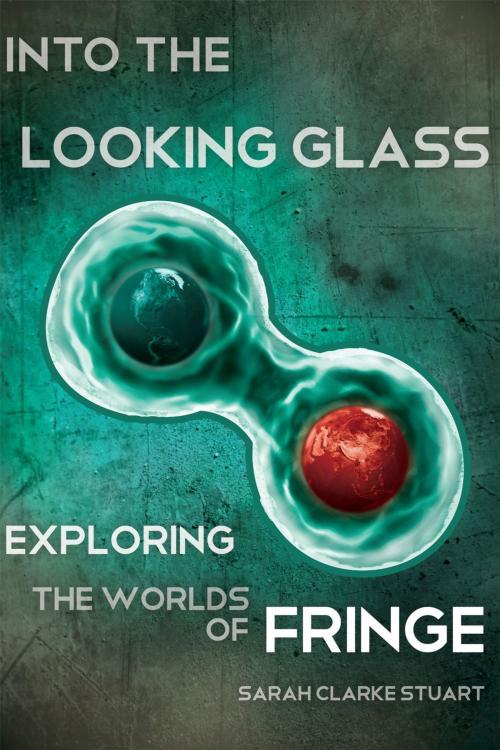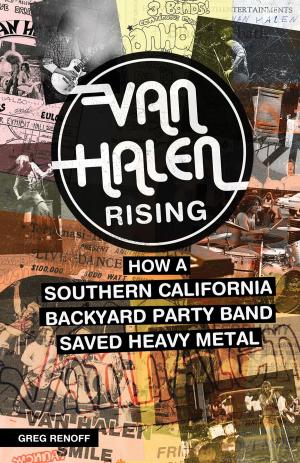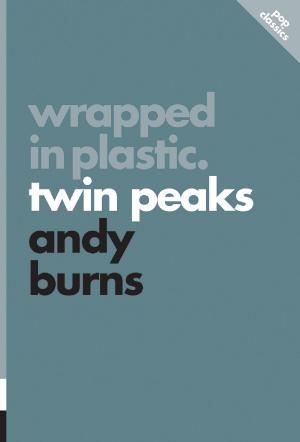| Author: | Sarah Clarke Stuart | ISBN: | 9781770900370 |
| Publisher: | ECW Press | Publication: | October 1, 2011 |
| Imprint: | Language: | English |
| Author: | Sarah Clarke Stuart |
| ISBN: | 9781770900370 |
| Publisher: | ECW Press |
| Publication: | October 1, 2011 |
| Imprint: | |
| Language: | English |
Offering a holistic approach to television criticism, this analytical companion to the popular show Fringe examines the dramas mythology and unveils its mysteries while exposing significant cultural issues addressed in each episode.With a strong basis in science fiction, Fringe has all of the archetypal characters and themes of the genre, from the covert mastermind and the mad scientist to dangerous advances in technology, parallel worlds, and man-made monsters. Along with many other post9/11 television shows aired in the West, Fringe has demonstrated a societys collective paranoia about foreign invaders, on the one hand, and domestic corruption on the other. It also lays bare the fear of radical advances in technology and urges its viewers to ponder the ethical limitations of science. This guide explores how the show uses these elements to tap into a deeper understanding of the human experience.Less focused on individual episodes, this book is split into three parts, each discussing a broad element of the narrative experience of the first three seasons of this multilayered show.
Offering a holistic approach to television criticism, this analytical companion to the popular show Fringe examines the dramas mythology and unveils its mysteries while exposing significant cultural issues addressed in each episode.With a strong basis in science fiction, Fringe has all of the archetypal characters and themes of the genre, from the covert mastermind and the mad scientist to dangerous advances in technology, parallel worlds, and man-made monsters. Along with many other post9/11 television shows aired in the West, Fringe has demonstrated a societys collective paranoia about foreign invaders, on the one hand, and domestic corruption on the other. It also lays bare the fear of radical advances in technology and urges its viewers to ponder the ethical limitations of science. This guide explores how the show uses these elements to tap into a deeper understanding of the human experience.Less focused on individual episodes, this book is split into three parts, each discussing a broad element of the narrative experience of the first three seasons of this multilayered show.















